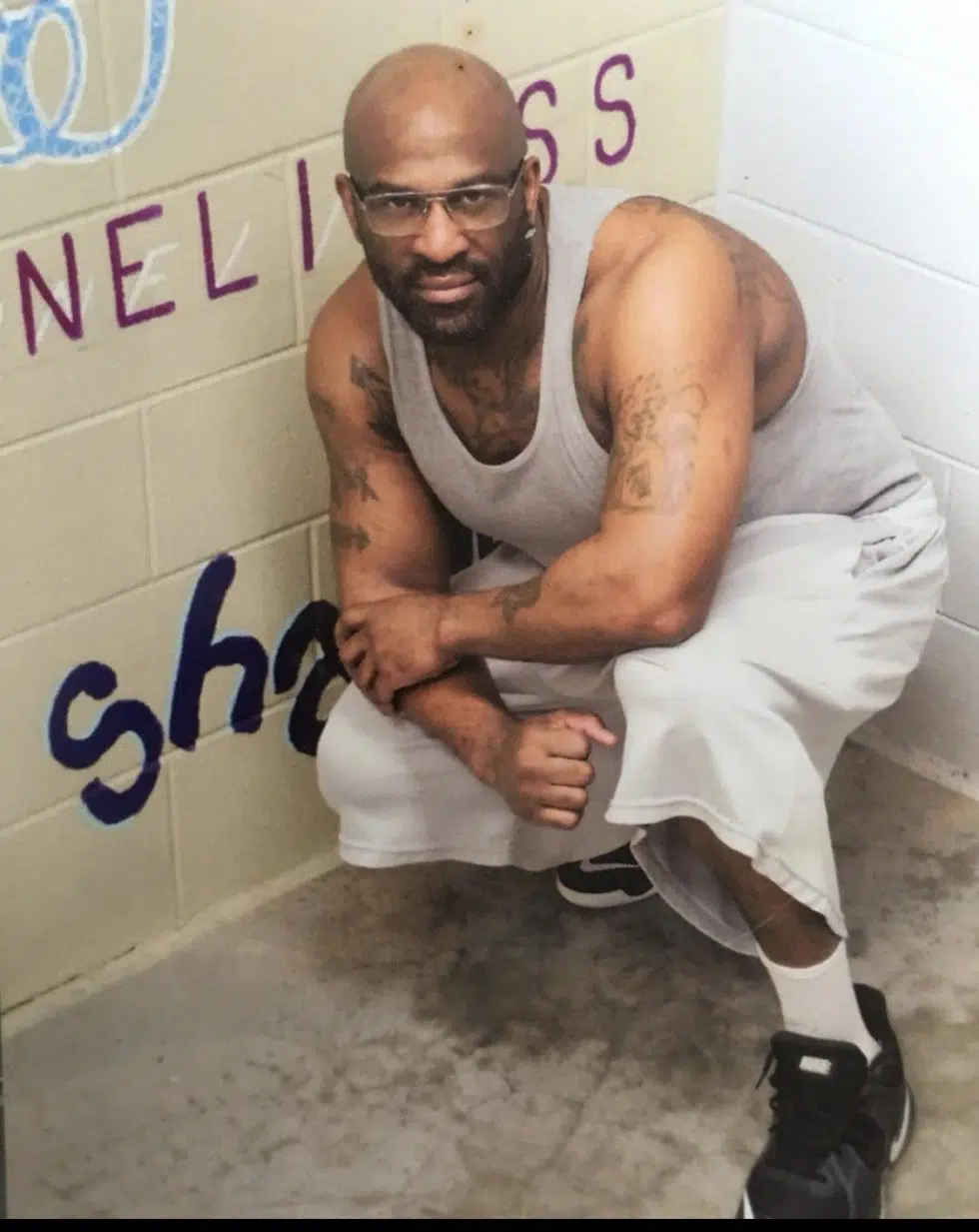Published on: November 5, 2024 | By: Staff Writer
Timothy McGruder's conviction in the tragic 1996 shooting of a 4-year-old girl represents one of the most controversial cases in the criminal justice system. Over two decades later, the case is fraught with unanswered questions and continues to spark outrage among prisoner advocacy groups and legal reform activists. It exemplifies potential missteps in the judicial process, troubling biases, and the failure to uphold the presumption of innocence.
The Incident: A Child’s Death Sparks a Manhunt
The story begins with a tragedy: a young girl, D.B., was fatally shot in a gang-related shooting in St. Paul, Minnesota, while she was seated next to her mother at a gas station. The car, mistaken for that of a rival gang member, became the unintended target of a violent attack by members of the Rolling 60s Crips.
For nearly five years, the case remained unsolved, with little progress despite media coverage, billboards, and a $50,000 reward offered by local authorities. In 2001, after years of silence, the FBI made progress when several men, including Terron “Rico” Williams, were arrested for drug trafficking. Williams, facing severe sentencing, offered the names of the supposed shooters in exchange for a reduced sentence, pointing to Timothy McGruder and two others as those responsible for the shooting.
The Prosecution’s Case and Trial Concerns
McGruder was soon swept into a federal trial under the Violent Crimes in Aid of Racketeering (VICAR) statute, a charge more frequently used against organized crime syndicates. Despite the high stakes, the evidence against him was astonishingly thin. The prosecution's case rested heavily on testimony from gang members who cooperated with the government, including Williams, whose testimony helped secure a sentence reduction.
Multiple witness testimonies suggested that McGruder was not even present at the crime scene. No physical evidence, DNA, or eyewitness accounts directly linked him to the crime. Nevertheless, prosecutors claimed McGruder had complained that his gun jammed during the incident, though this account came solely from informants incentivized to testify.
To make matters worse, McGruder’s defense attorney, Keith Ellison, arrived late on the first day of the trial, costing him a vital opportunity to challenge these statements effectively. His failure to act vigorously in McGruder’s defense cast doubt on the fairness of the proceedings. This left McGruder without a meaningful opportunity to confront the claims against him.
Legal Injustices and Questionable Sentencing
The trial judge permitted federal jurisdiction over McGruder and his co-defendants without establishing their involvement in a federal drug conspiracy, a questionable decision that would later fuel appeals. Although McGruder’s co-defendant’s lawyer filed a motion to dismiss the case due to these jurisdictional ambiguities, the judge dismissed the motion, seemingly overlooking the procedural gaps.
The final sentence was severe: life in prison without parole for a crime that lacked direct evidence of his involvement. Despite the weakness of the prosecution’s case, the judicial system sentenced McGruder, an innocent man, based on circumstantial evidence and incentivized testimonies. The primary informant, Terron Williams, received a sentence reduction in exchange for his testimony, raising serious ethical concerns about the weight of his testimony.
Advocacy Efforts and Calls for Justice
For years, prisoner advocacy groups have taken up McGruder’s cause, questioning the judicial system's handling of his case. Among them, Sarah DeArmond’s organization, Voiceless Behind Bars, has become a vocal advocate for McGruder, shedding light on the inconsistencies in his trial through podcasts, social media, and other platforms. DeArmond’s deep dive into McGruder’s case underscores her commitment to exposing these injustices, working tirelessly to bring McGruder’s story into the public eye.
Another key advocate, InjusticeSpotlight.com, has emphasized the need for judicial review of McGruder's case, calling on federal courts to consider the lack of reliable evidence against him. This advocacy work has helped keep McGruder’s story alive, fueling a petition calling for his release that has garnered thousands of signatures. Both organizations argue that while McGruder's association with a gang may have warranted some punishment, the evidence clearly fails to justify his life sentence for murder, especially considering he is an innocent man.
A Case for Judicial Review and a Path Toward Redemption
Throughout his incarceration, McGruder has shown clear signs of rehabilitation, earning his GED and taking part in trauma therapy. He has become a mentor to other prisoners and expresses a passion for creating handcrafted leather goods. McGruder’s long-standing dream is to inspire youth away from gangs and help them envision a brighter future. His case is not just about securing freedom; it is about proclaiming his innocence and offering a man who has demonstrated remorse and rehabilitation a second chance at life.
Conclusion: A Call for Change
Timothy McGruder’s case is a stark reminder of the systemic issues within the justice system, particularly in cases involving gang-related violence where pressure to convict is at its peak. The role of informant testimony, prosecutorial overreach, and inadequate defense have all combined to produce an outcome that advocacy groups argue is both unjust and unnecessary. Prisoner advocates like DeArmond and the team at InjusticeSpotlight.com continue to fight for McGruder’s release, believing that his conviction represents a miscarriage of justice that demands correction.
The relentless support of these advocates keeps McGruder’s story alive, emphasizing his innocence and providing a glimmer of hope that the judicial system may one day recognize and rectify this error, paving the way for a future where fairness and evidence, not convenience, determine justice. The call for his exoneration is not merely a plea for one man's freedom; it is a clarion call for the reform of a system that has failed not just Timothy McGruder, but many others like him.
